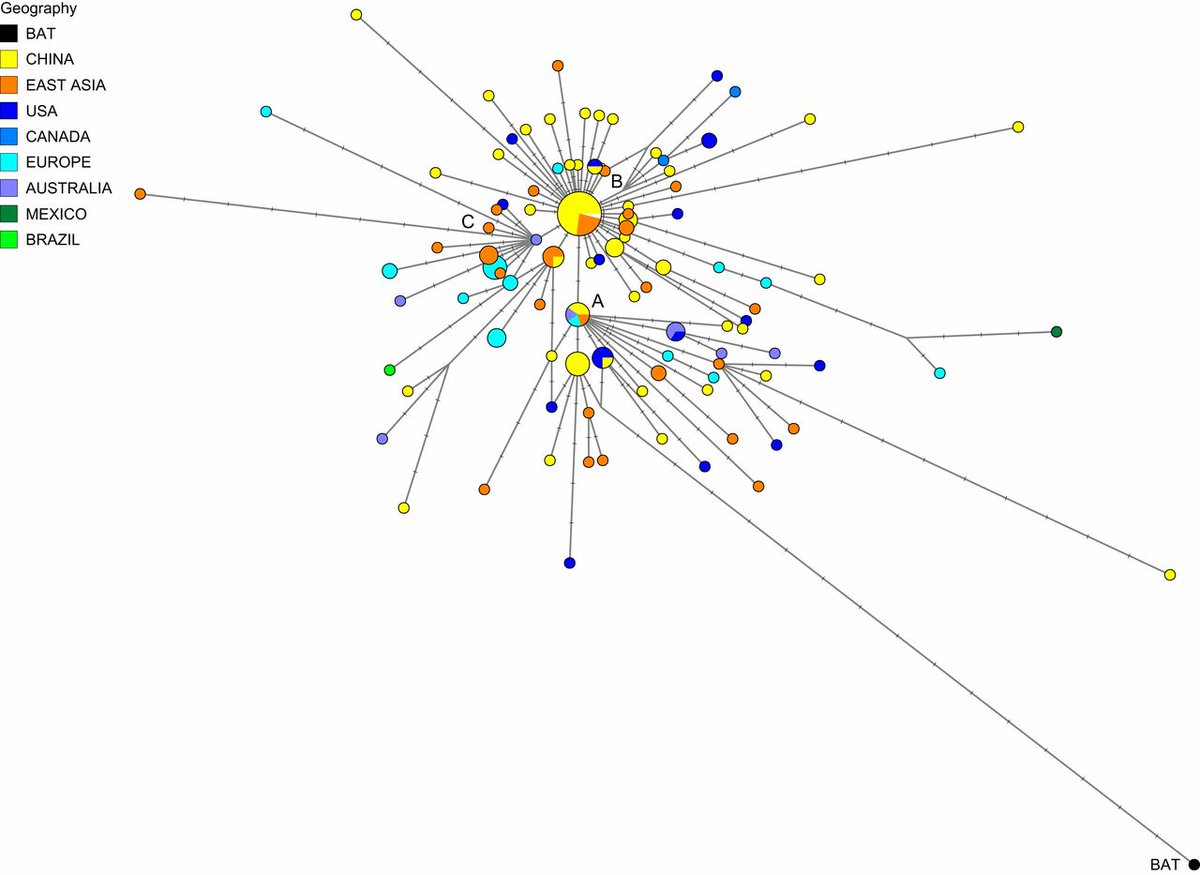
This is a🧵of🧵s organizing the early datapoints we have on the origins of SARS-CoV-2. After starting a thread for open-ended datapoint gathering I realized there is too much to follow up in one place, so I'll be starting individual 🧵s and collecting them all as replies to this.
The intent of this thread is to gather different types of datapoints, and eventually attempt to stitch the different types together into a coherent story we can have more confidence in.
If you're curious about the original thread, it can be found here:
If you're curious about the original thread, it can be found here:
https://twitter.com/alexandrosM/status/1409277980912672768
Wuhan Military World Games thread:
https://twitter.com/alexandrosM/status/1411446401410555907
Scientific origins studies thread:
https://twitter.com/alexandrosM/status/1411799759598194690
Wastewater detection in 2019 -
https://twitter.com/alexandrosM/status/1411904233780043779?s=20
• • •
Missing some Tweet in this thread? You can try to
force a refresh






